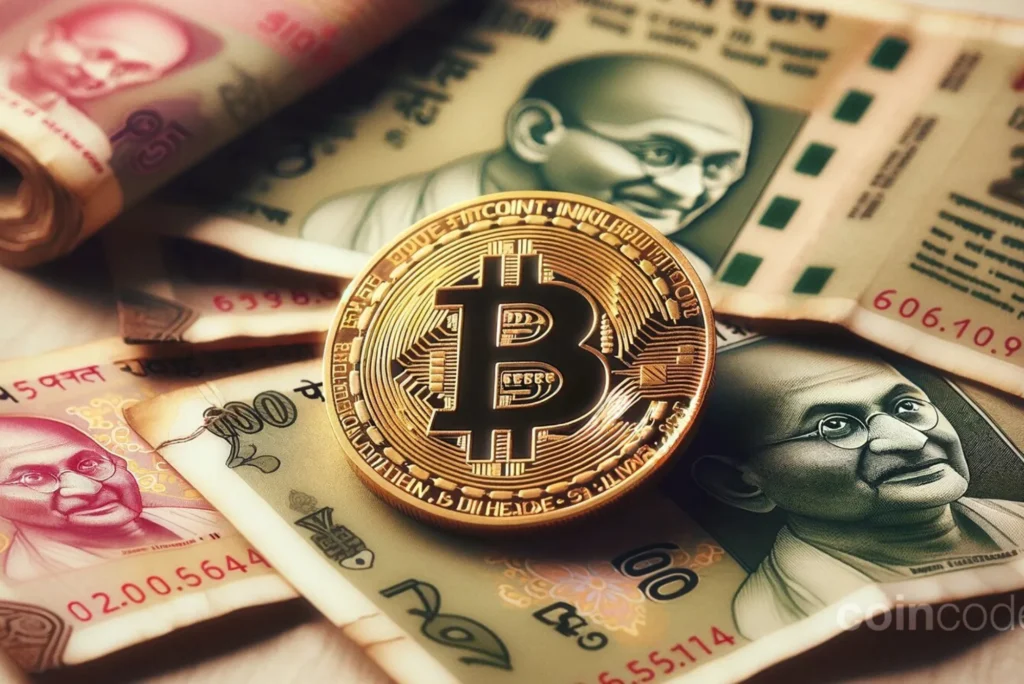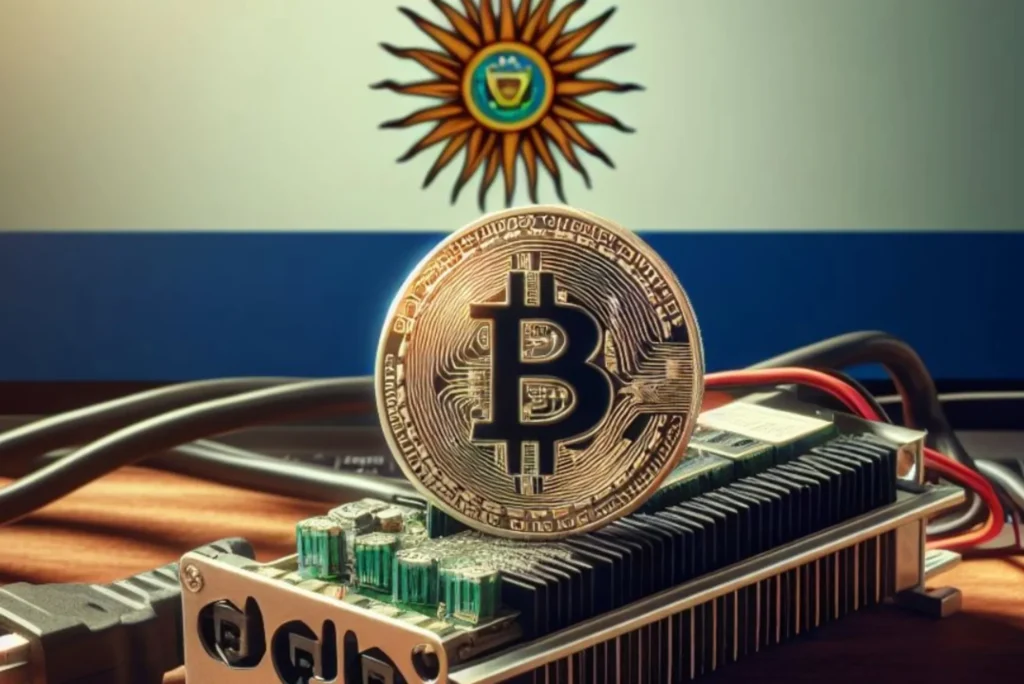Bitcoin mining has garnered significant attention worldwide, but its legality varies from one country to another. In the Indian context, the legality of Bitcoin mining has been a topic of debate and scrutiny. Let’s delve into the intricacies of Bitcoin mining legality in India.
Understanding Bitcoin Mining
Before delving into its legality, it’s crucial to grasp what Bitcoin mining entails. Bitcoin mining is the process through which new bitcoins are created and transactions are verified and added to the blockchain ledger. Miners use powerful computers to solve complex mathematical problems, and in return, they are rewarded with bitcoins.
Regulatory Landscape in India
The regulatory landscape surrounding cryptocurrencies in India has been rather ambiguous and subject to change. In 2018, the Reserve Bank of India (RBI) issued a circular prohibiting banks from dealing with cryptocurrency-related transactions. However, this circular was later overturned by the Supreme Court of India in 2020, thereby lifting the ban on cryptocurrency trading.
Key Regulatory Bodies
- Reserve Bank of India (RBI): Oversees financial institutions, banking operations, and monetary policy.
- Securities and Exchange Board of India (SEBI): Regulates the securities market, protecting investors and ensuring transparency.
- Insurance Regulatory and Development Authority of India (IRDAI): Supervises the insurance sector to protect policyholders’ interests.
- Telecom Regulatory Authority of India (TRAI): Regulates telecommunications and broadcasting, focusing on quality of service and consumer rights.
- Competition Commission of India (CCI): Ensures fair competition and prevents anti-competitive practices.
Industry-Specific Regulations
- Information Technology: The IT Act 2000 governs e-commerce, cybersecurity, and digital transactions, while newer policies like the Data Protection Bill aim to regulate data privacy and digital rights.
- Pharmaceuticals and Healthcare: Regulated by the Central Drugs Standard Control Organization (CDSCO), which oversees the production, sale, and import of drugs.
- Environment: The Ministry of Environment, Forest and Climate Change (MoEFCC) enforces laws like the Environment Protection Act, regulating activities impacting air, water, and wildlife.
Labor Laws and Compliance
India’s labor laws are vast and cover areas like minimum wages, working conditions, health and safety, and employee benefits. The Labor Code Reforms aim to consolidate various labor laws into four main codes: wages, industrial relations, social security, and occupational safety.
Start-ups and MSMEs
The Ministry of Micro, Small and Medium Enterprises (MSME) offers incentives and compliance frameworks that foster innovation and entrepreneurship, helping start-ups navigate regulations, funding, and operational challenges.
Foreign Direct Investment (FDI)
FDI in India is governed by rules set by the Department for Promotion of Industry and Internal Trade (DPIIT). Certain sectors have sector-specific caps and restrictions, with some areas requiring government approval, while others are open under the automatic route.
Legality of Bitcoin Mining
While cryptocurrency trading has been given a green light by the Indian judiciary, the legality of Bitcoin mining remains a gray area. There are no specific laws governing Bitcoin mining in India, leading to uncertainties and challenges for miners. However, it’s essential to note that the lack of explicit regulations does not necessarily imply legality.

Challenges Faced by Bitcoin Miners
Bitcoin miners in India encounter several challenges due to the absence of clear regulations. These challenges include regulatory uncertainty, banking restrictions, and the risk of legal repercussions. Additionally, the high energy consumption associated with Bitcoin mining raises environmental concerns, further complicating the landscape.
Future Outlook
Despite the challenges and uncertainties, the future of Is Bitcoin Mining Legal in India holds potential. As the cryptocurrency market continues to evolve, policymakers are likely to establish clearer regulations to govern Bitcoin mining activities. Moreover, advancements in technology and increasing awareness about cryptocurrencies may pave the way for a more favorable environment for miners.

In conclusion, the legality of Bitcoin mining in India remains a contentious issue amid the evolving regulatory landscape. While the judiciary has provided clarity on cryptocurrency trading, the absence of specific regulations for Bitcoin mining poses challenges for miners. However, with the growing interest in cryptocurrencies and potential regulatory developments, the future of Bitcoin mining in India appears promising.
The Rise and Rise of Bitcoin
Bitcoin, the pioneering cryptocurrency, has witnessed unprecedented growth since its inception. From its humble beginnings to becoming a global phenomenon, Bitcoin’s journey has been nothing short of remarkable. The rise and rise of Bitcoin can be attributed to various factors, including its decentralized nature, limited supply, and growing adoption as a store of value and medium of exchange. As Bitcoin gained traction, its price soared to new heights, attracting investors, traders, and enthusiasts worldwide. The increasing institutional interest in Bitcoin further fueled its ascent, with renowned companies and financial institutions embracing the digital currency.
In conclusion, the rise and rise of Bitcoin signify a paradigm shift in the financial landscape, challenging conventional notions of money and value. As Bitcoin continues to evolve and mature, its impact on the global economy and society at large is poised to grow exponentially, shaping the future of finance and technology.










